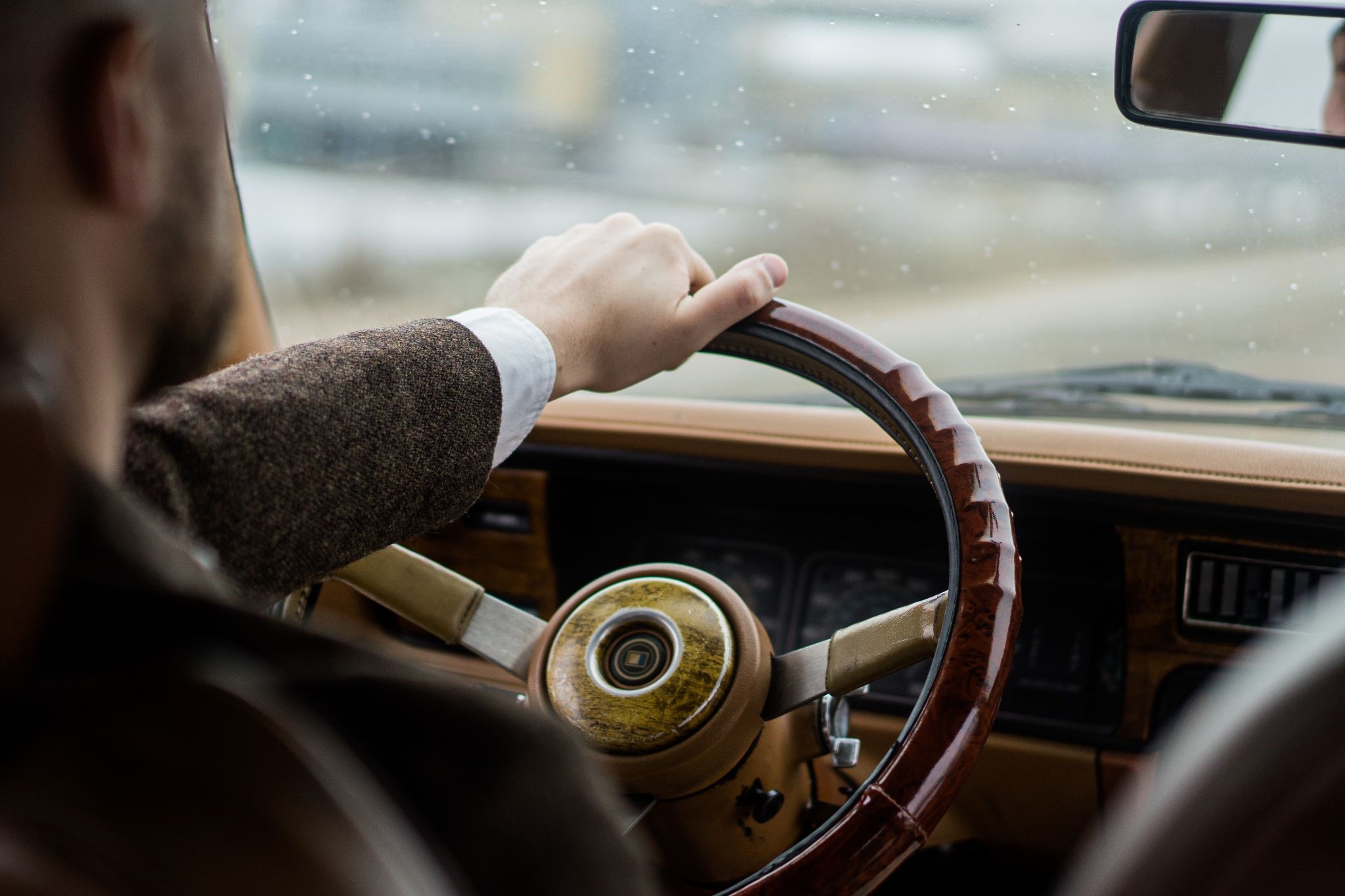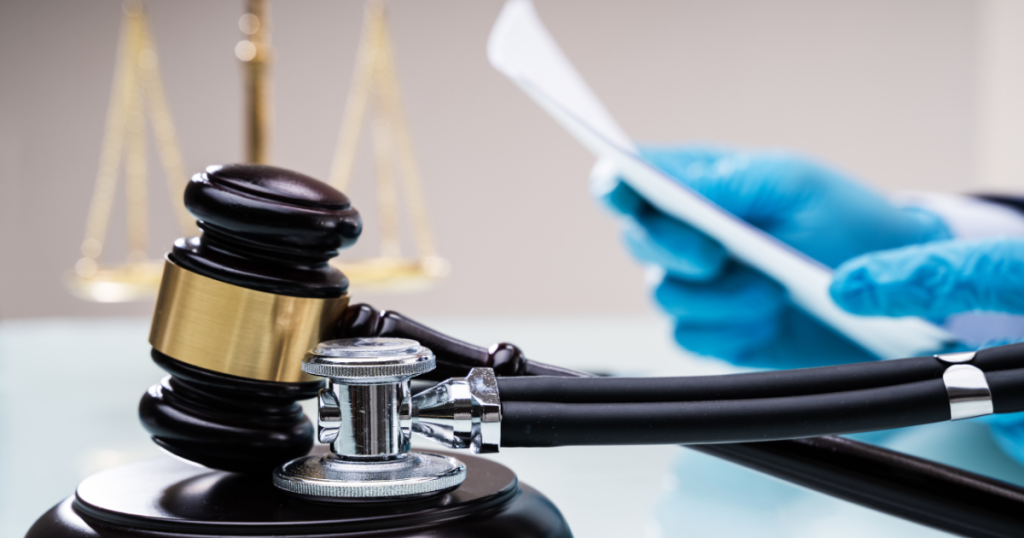Now Reading: Everything You Need To Know About Single-vehicle Accidents
-
01
Everything You Need To Know About Single-vehicle Accidents

Everything You Need To Know About Single-vehicle Accidents
Most car accidents involve several drivers, but not all crashes include another motorist. Several situations could lead to a single-car accident, and these wrecks are more common than you might think. You may automatically assume you’re liable when you’re in a single-car wreck or that you have to cover the cost of your own damages, but this is not always true.
In some instances, you have the right to recover damages from another party if the responsible party contributed to your accident. Therefore, you must visit here to understand your options and legal rights for recovering compensation after a single-car accident. Here are some important things to keep in mind.
What Are Single-Automobile Accidents?
Single-automobile accidents are those that cause damage to only one automobile. Even if another motorist contributed to the wreck, it is classified as a single-vehicle accident if the crash only impacts your car.
For instance, if you start spinning out of control at an intersection and run into a stop sign, this is a single automobile accident. If another driver pulls out in front of you and causes you to veer off the road and hit a tree, this is also deemed a single-vehicle accident. These types of accidents can involve property in addition to the affected automobile.
When Is the Motorist Liable?
A driver is responsible for a single-vehicle crash when their actions led to the crash.
- For instance, if it’s raining outside and you’re speeding or driving too fast in rainy weather, and this causes you to crash into something, you are liable for the accident.
- You can also be considered liable if you lose control of your vehicle because you’re driving too fast, no matter the weather conditions.
Any time you make an error on the road by not paying close enough attention, not being careful, or exhibiting reckless behavior, the courts will hold you responsible for the collision.
Potential Outcomes When the Driver Is Responsible
If you’re responsible for a single-vehicle accident, you could face many consequences, including traffic tickets.
You may receive a ticket from a police officer if you violate traffic laws. You can contest the ticket in court so you can tell the judge your side of the story. If you get a ticket, you may also get points on your driver’s license depending on the accident’s severity.
If you have insurance that protects against personal injury, it’s important to rely on your policy for financial recovery. For example, if the accident caused damage to someone else’s property, the plaintiff may seek compensation from you, and your insurance can pay for it.
You may also want to consider a PIP plan. Before assuming your insurance carrier won’t assist you financially because you are liable for the accident, check to see that you have personal injury protection coverage. Most state laws require all motorists have some property damage coverages. This means you should get some assistance from your insurance company if your accident caused damage to another person’s property.
You Could Also Face Criminal Charges
You could face criminal charges if you’re liable for a single-vechile accident. Reckless driving and driving while under the influence of illicit substances are two main reasons for criminal traffic-related charges. Suppose your accident has resulted in criminal charges. In that case, you should get in touch with a lawyer right away to learn everything you need to know about your rights and defend yourself so you can avoid or reduce severe criminal consequences.
If you’ve been in a wreck in the Nashville area, contact a Nashville car wreck lawyer as soon as possible. Your attorney will go over every aspect of your case and let you know which evidence you should submit to strengthen your case in court.
The legal representative you chose may also suggest that you settle out of court and negotiate with insurance companies on your behalf to ensure you get the compensation you’re entitled to for damages and injuries related to the accident.











